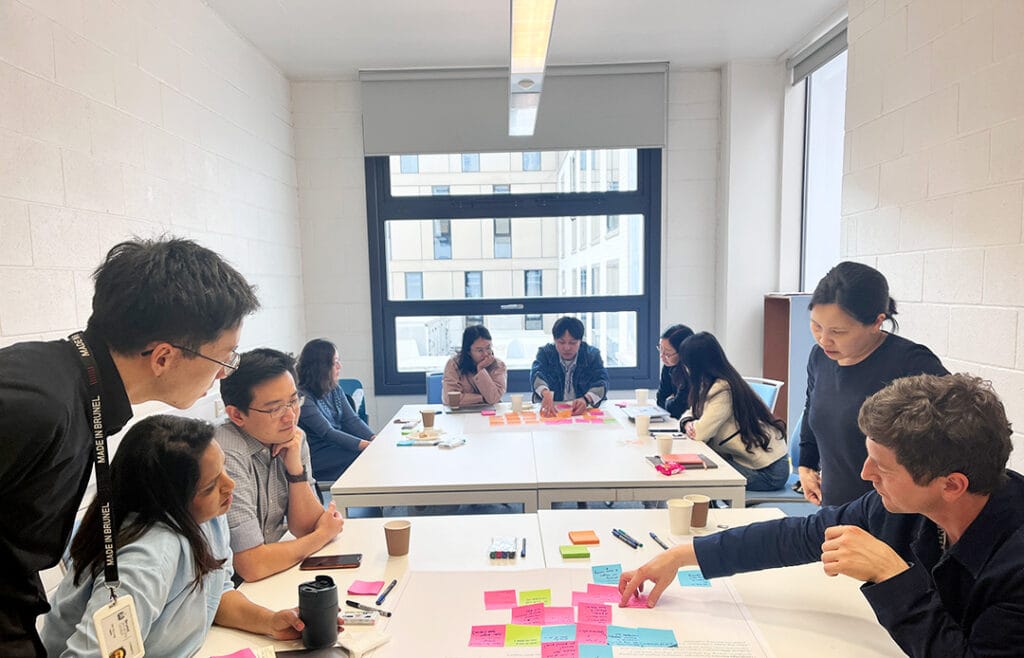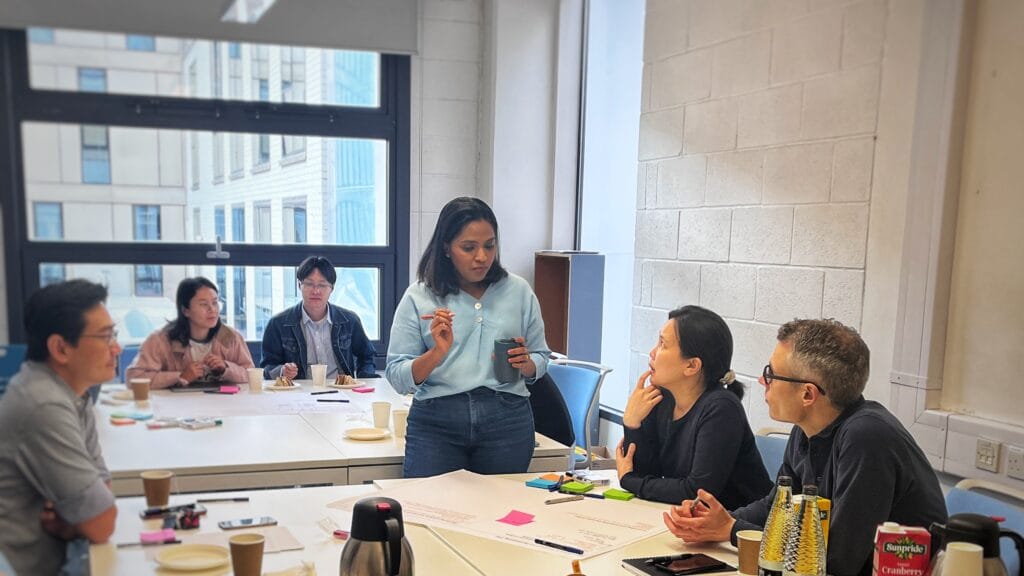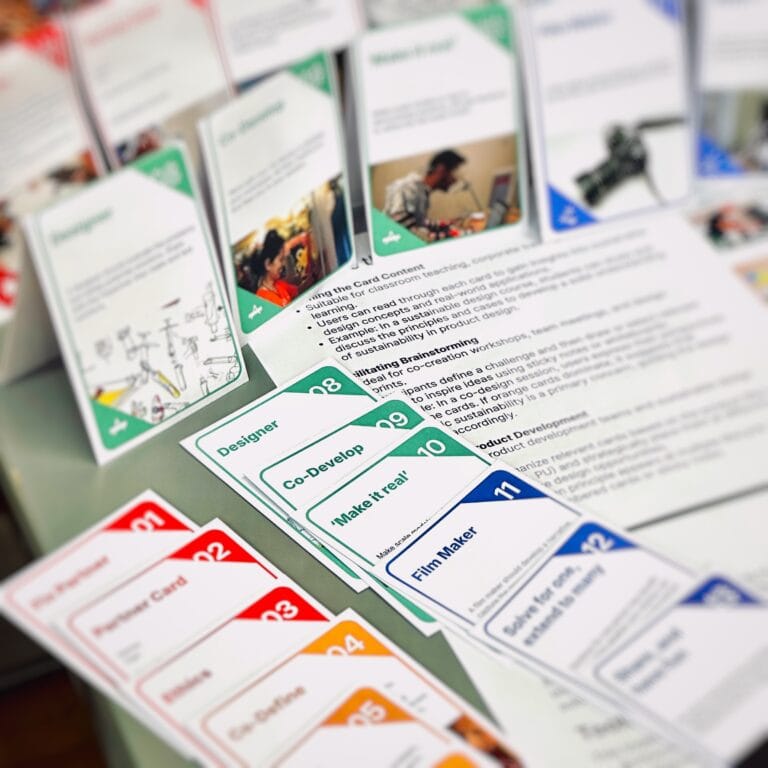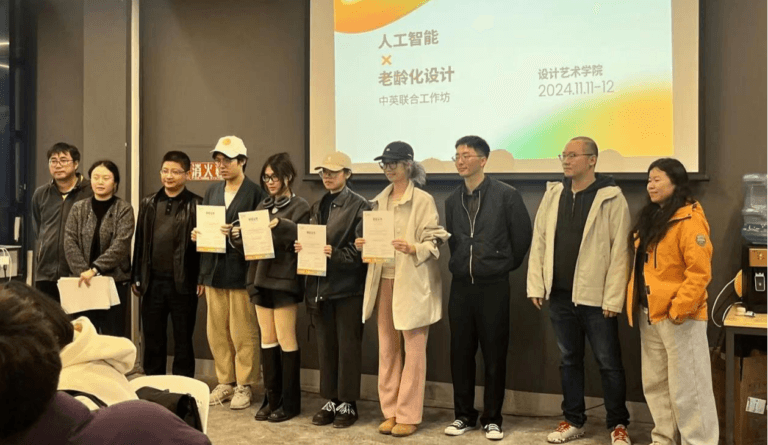
On June 12th, we hosted the first workshop at Brunel Design School as part of the British Council-funded project, Engineering Industrial Designers for a More Inclusive and Sustainable World. The workshop brought together academic and professional staff from Brunel University London and Southwest Jiaotong University, with the aim of exploring the potential for developing transnational education (TNE) and joint programmes between the two institutions. International students were also invited to share their first-hand experiences and insights on cross-border education.

The initial session focused on drafting possible operational models for TNE. In addition to well-established models like 3+1 and 2+2 dual degree programmes, participants explored other innovative options, such as Online Teaching + Local Tutor models, inspired by Open University, and shared/replicated modules, as seen in the Design Factory Network. The discussion then shifted to address concerns and risks, spanning global socio-political factors and quality control mechanisms. The quality control framework emphasised courses, staff, and students, with key concerns around accreditation, recruitment, and maintaining educational consistency. A strong quality control framework was highlighted as essential for ensuring the programme’s success and sustainability.

Participants from Brunel expressed concerns about maintaining Brunel’s strengths in international programmes, particularly its strong industry links and emphasis on practical skills, supported by its world-class workshop facilities.
The workshop also examined key challenges faced when teaching international students—a critical component of future TNE programmes. Participants highlighted cultural and educational differences, with students often struggling to adapt to unfamiliar assessment systems and communication styles. Language barriers, especially in communication and academic writing, were recognized as major hurdles, affecting students’ confidence and participation, and even contributing to mental health concerns. It was also noted that international students often lack awareness of available support systems, and that design-specific skills gaps, such as in workshop techniques, could further impede their success. The impact of AI on education, a pressing issue globally, was also discussed.
To overcome these barriers, participants proposed several solutions, including peer support networks, dedicated tutors, tailored language programs, and AI tools to enhance communication skills. Academic support suggestions ranged from orientation courses to writing training and diverse assessments. Ideas to boost student engagement included flipped classrooms, quizzes, and peer integration activities. Additionally, raising awareness of available resources and support systems was seen as vital to ensuring international students can thrive both academically and socially.
This workshop marks a significant milestone in fostering mutual understanding and collaboration between Brunel University London and Southwest Jiaotong University in design education.
Stay tuned for more public engagement activities, including invited talks, design competitions, and the sharing of design education case studies and resources. Keep an eye on our website for updates!



